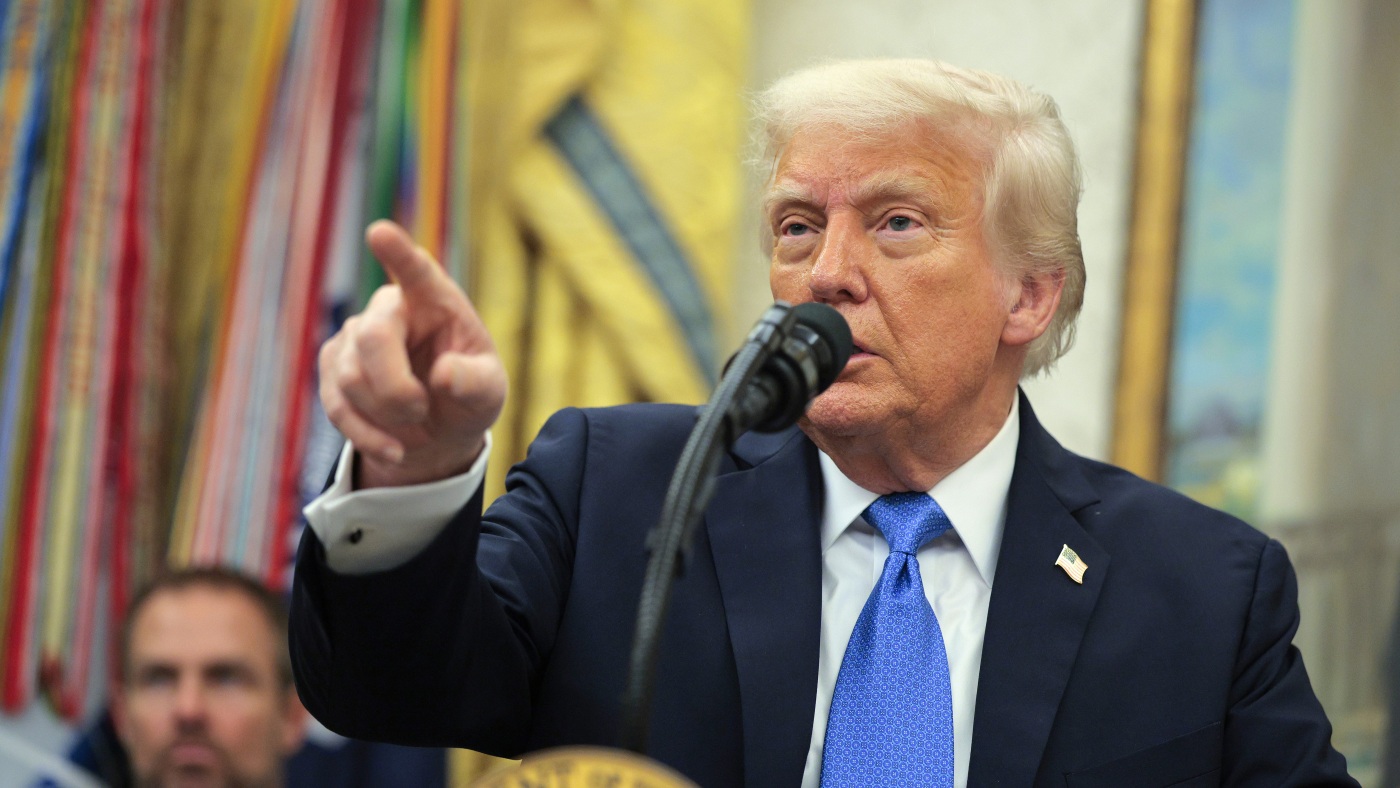Unpacking the Political and Social Reverberations of Joe Biden’s Prostate Cancer Diagnosis
The announcement of former President Joe Biden’s aggressive prostate cancer diagnosis has rippled far beyond the medical sphere, stirring a complex blend of sympathy, skepticism, and political maneuvering. This report explores the nuanced reactions within the American political arena, highlighting shifts in rhetoric, challenges around transparency, and the broader implications for leadership perception in a hyper-partisan environment.
A National Moment: When Health Enters the Political Arena
News that Biden’s prostate cancer had progressed to bone involvement broke on May 16, piercing through ongoing public curiosity and rumors about his health. Such disclosures inevitably become more than medical updates; they morph into political currency, shaping narratives about vitality, capability, and trustworthiness at the highest level of governance. The immediacy of the public reaction reflected not just concern for Biden as an individual, but also anxiety over what his health means for the nation’s future leadership.
Trump’s Rhetorical Shift: From Compassion to Conspiracy
Former President Donald Trump’s initial response diverged from his usual combative style, offering condolence and well-wishes for Biden’s recovery. This brief pause in partisan tension suggested a recognition of humanity over politics. Yet, this conciliatory tone was short-lived. Within days, Trump’s rhetoric morphed into suspicion, casting doubts on the timing and honesty of Biden’s medical disclosures without presenting evidence.
This progression depicts a strategic recalibration in political communication—moving from empathy to skepticism to fuel doubt among the public and rally political bases. The insinuation of a cover-up taps into a wider narrative frequently employed by Trump and allies, portraying opponents as untrustworthy or deceptive. Such tactics, however, also risk deepening polarization and distrust toward political institutions and figures.
Echoes and Amplifications: Allies, Media, and Medical Voices
Trump’s suspicions found resonance among allied politicians and some medical commentators, notably former White House physician Ronny Jackson, who while expressing concern for Biden’s health, entertained the possibility of intentional concealment. The wave of doubt from conservative media and political circles amplified the narrative that Biden’s team had withheld critical information.
This narrative played directly into existing skepticism about Biden’s cognitive fitness and has been a persistent undercurrent in political debates, especially as the 2024 election approaches. The intertwining of health concerns with political viability intensifies the scrutiny leaders undergo, magnifying the stakes of transparent communication and trust.
Bipartisan Solidarity Amid Political Crossfire
Contrasting the volley of allegations, numerous political figures from both parties publicly expressed sympathy and support, underscoring moments where humanity transcends partisan divides. This bipartisan solidarity reaffirms a shared recognition of the personal challenges that health crises impose, regardless of political allegiance.
Public health experts and commentators urged restraint, recommending that political speculation be tempered to respect privacy and prioritize medical care and recovery. This call underscores the tension between public right to know and the encroachment of political agendas into deeply personal matters.
Health Transparency: A Battleground Between Privacy and Public Interest
Biden’s diagnosis spotlights the fraught balance between a leader’s right to medical privacy and public demand for transparency. Political figures frequently navigate a narrow path, as their physical and cognitive fitness are critical to national confidence. Yet, the line between genuine concern and politically motivated skepticism is often perilously thin.
The focus on whether the diagnosis was “hidden” speaks to heightened expectations—and at times unrealistic demands—for open disclosure. This incident raises profound questions about the standards for disclosure, the role of media in shaping narratives, and how such sensitive information is managed in a political context vulnerable to exploitation.
Conclusion: Reflecting on the Intersection of Health, Leadership, and Political Narratives
The revelation of Joe Biden’s prostate cancer diagnosis has transcended a mere health update, becoming a prism through which issues of transparency, trust, and political strategy are intensely debated. The evolution of Donald Trump’s public remarks from empathy to insinuation exemplifies how personal health disclosures are weaponized in political discourse.
Navigating this intersection calls for balancing scrutiny with empathy, fact with speculation, and political interests with respect for personal dignity. The unfolding developments and the political environment’s response will shape the public’s perception of Biden’s leadership and the broader discourse surrounding health transparency.
Ultimately, this episode highlights a critical juncture in modern democracy: how to maintain integrity and humanity in public life while addressing legitimate concerns about leaders’ capacities. The dialogue sparked by Biden’s diagnosis may serve as a catalyst for a more nuanced conversation about health, leadership, and the nature of trust in an era dominated by political and media polarization.








